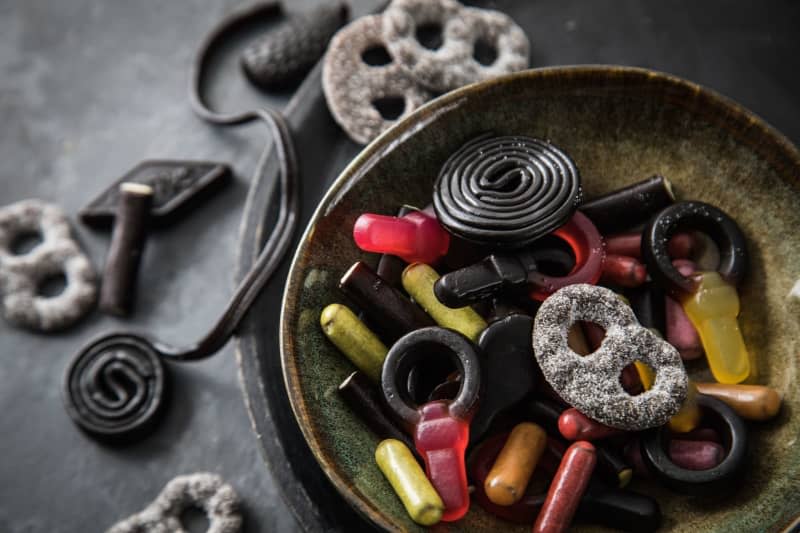Liquorice to relieve a cough? It's effective and safe, scientist says

Sweets, as we know, should be consumed in moderation. This is especially true of liquorice, made from an extract from the root of the liquorice plant (Glycyrrhiza glabra) and containing the chemical compound glycyrrhizin.
Ingested in large quantities, glycyrrhizin can cause health problems such as elevated blood pressure, fluid retention in body tissues and muscle weakness.
But in liquorice root are also substances beneficial to health. They can, for example, act as an expectorant, helping to get rid of phlegm when you have a cold or a cough. This is why liquorice extract is often found in herbal teas and cough syrups.
"The risk-benefit ratio is clearly positive here," says Dr Christian Schulze, a professor of pharmaceutical biology at the University of Greifswald in Germany. "A cough normally lasts no longer than a week or two. Drinking a cup of liquorice tea daily during this time isn't enough to produce a toxic effect."
For this reason, liquorice is indeed recommended for colds, particularly in combination with other herbal medications.
Liquorice preparations were earlier used for heartburn and gastritis, too, because of the mucins present in liquorice root, notes Dr Martin Smollich, head of the Institute for Nutritional Medicine's working group on pharmaconutrition at the Lübeck campus of Schleswig-Holstein University Hospital in Germany.
"Liquorice root isn't used therapeutically any more, however," he says, "as its effectiveness is very low in comparison with modern medicines."


